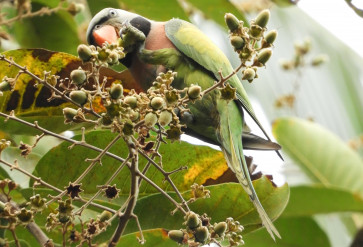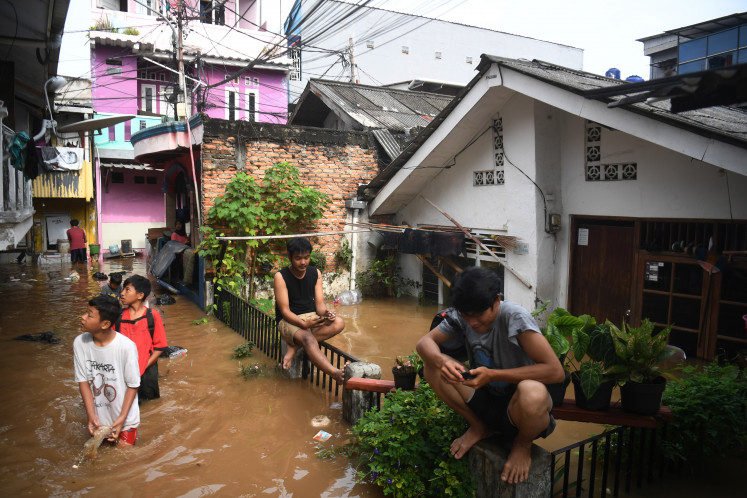Popular Reads
Top Results
Can't find what you're looking for?
View all search resultsPopular Reads
Top Results
Can't find what you're looking for?
View all search resultsIndia halts cough syrup production at factory linked to Gambia deaths
Gambian police, in a preliminary investigation report on Tuesday, said that the deaths of 69 children from acute kidney injury was linked to the cough syrups made in India and imported via a United States-based company.
Change text size
Gift Premium Articles
to Anyone

I
ndian authorities have halted production of cough syrup at a factory of Maiden Pharmaceuticals, a state minister said on Wednesday, after a World Health Organization report suggested that the medicine may be linked to the deaths of dozens of children in Gambia.
The health minister in Haryana state, Anil Vij, told Reuters partner ANI that authorities inspected a Maiden factory near the town of Sonipat in the state and found 12 violations of good practices. Production was ordered stopped, Vij said.
The WHO said last week that laboratory analysis of four Maiden products – Promethazine Oral Solution, Kofexmalin Baby Cough Syrup, Makoff Baby Cough Syrup and Magrip N Cold Syrup – had "unacceptable" amounts of diethylene glycol and ethylene glycol, which can be toxic and lead to acute kidney injury.
Gambian police, in a preliminary investigation report on Tuesday, said that the deaths of 69 children from acute kidney injury was linked to the cough syrups made in India and imported via a United States-based company.
It is one of the worst such incidents involving drugs from India, often dubbed a "pharmacy of the world".
News website Moneycontrol earlier quoted the Haryana drugs controler as saying in a report that Maiden did not perform quality testing of propylene glycol, diethylene glycol and ethylene glycol, while certain batches of propylene glycol did not have the manufacturing and expiry dates.
Diethylene glycol and ethylene glycol are used in antifreeze and brake fluids and other industrial applications but also as a cheaper alternative in some pharmaceutical products to glycerine, a solvent or thickening agent in many cough syrups.
Maiden executive Naresh Kumar Goyal declined to comment. He told Reuters last week that the company was trying to find out from its buyer what had happened in Gambia.
Maiden on its website said it had an annual production capacity of 2.2 million syrup bottles, 600 million capsules, 18 million injections, 300,000 ointment tubes and 1.2 billion tablets at three factories.
It said it sold its products at home and exports to countries in Asia, Africa and Latin America.
The cough syrups had been approved for export only to Gambia, India says, although the WHO says they may have gone elsewhere through informal markets.
India's health ministry said last week that samples of all four Maiden products that had been exported to Gambia had been sent for testing to a federal laboratory and the results would "guide the further course of action as well as bring clarity on the inputs received/to be received from WHO."
Health ministry officials and the WHO did not respond to requests for comment.









